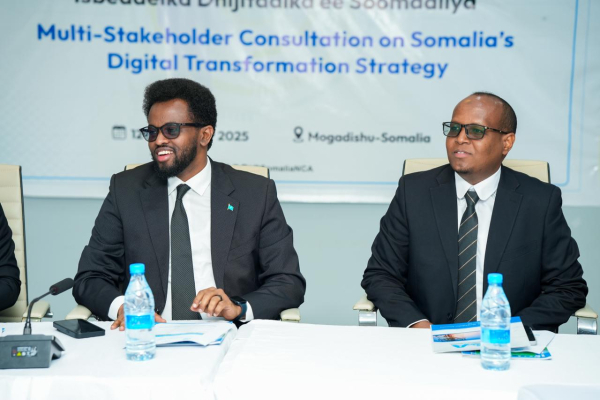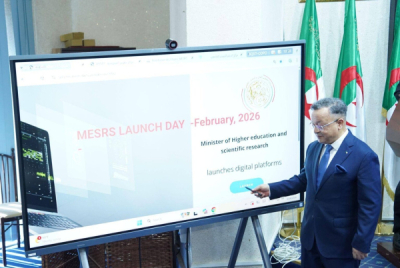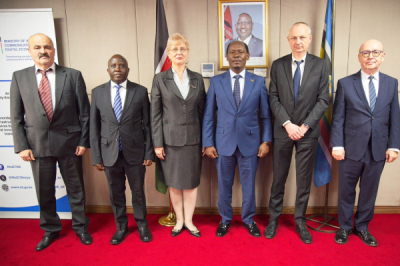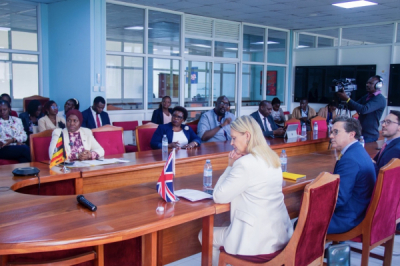- Somalia drafts 2025-2030 strategy to boost digital economy
- Plan builds on ICT gains like e-visas, QR payments, Starlink
- Aims to expand services, attract investment, create tech jobs
Somalia’s Federal Government is finalizing its Digital Transformation Strategy 2025-2030, aimed at consolidating past progress and accelerating the country’s integration into the regional digital economy. A two-day national consultation began on October 12 to gather stakeholder input before adoption.
According to Mohamed Adam Moalim Ali, Minister of Communications and Technology, the new framework will coordinate all national digital initiatives to ensure coherence and maximize the benefits of technological change.
“Our goal is to align digital projects, improve public services, and drive economic growth while preparing Somalia to play a regional role in the digital economy,” the minister said.
The strategy builds on the National ICT Policy and Strategy 2019-2024, which focused on expanding connectivity, developing digital skills, and supporting local content creation. That policy led to key achievements, including the launch of an e-visa platform, a universal QR code payment system, and improved internet access.
According to DataReportal, Somalia had 10.7 million internet users at the start of 2025, representing an internet penetration rate of 55.2%. The introduction of Starlink in August 2025 is expected to further enhance national connectivity.
Despite progress, digitalization remains limited. The UN E-Government Development Index ranks Somalia 191st worldwide with a score of 0.1468 out of 1, well below the African average of 0.4247. The ITU ICT Development Index also places the country among Africa’s least developed digital economies, at 33.7 out of 100 (July 2025 report).
The upcoming Digital Transformation Strategy 2025-2030 seeks to expand digital infrastructure, improve online public services, and promote innovation. It also aims to foster digital inclusion in education, health, agriculture, and finance, strengthen regulation, attract investment, and create jobs in the digital sector.
Samira Njoya



















